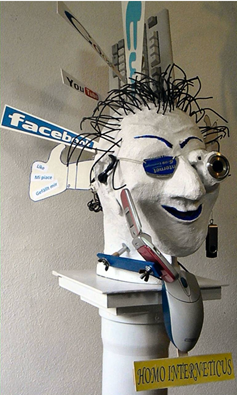«If you’re old enough, you’ve seen this movie: An eccentric billionaire, full of bile and nursing grudges against the incumbent Republican president, wants to create a third major political party and shake up the system.
In 1992, the billionaire was H. Ross Perot, and his vehicle for attacking the incumbent president, George H. W. Bush, was something called the Reform Party. Perot had a few good ideas; he wanted to balance the federal budget, for example, which is never a bad thing. But mostly, he was something of a rich crank who had a vendetta against the Bush family: In one of many strange moments, Perot claimed that his abrupt exit from the race in the summer of 1992 was because Bush had been plotting a smear campaign against his daughter, something for which he never offered proof.
It wasn’t a very good movie, and it certainly didn’t need a reboot, but we might be getting one anyway. Elon Musk has announced the formation of the “America Party,” a new political organization whose main idea is … well, the goal isn’t clear. Musk hasn’t said much about it, other than that it would be dedicated to stopping wasteful government spending. But mostly, his announcement seems dedicated to aggravating President Donald Trump, with whom Musk has had a very public falling out. And Trump is plenty aggravated. “I am saddened to watch Elon Musk go completely ‘off the rails,’ essentially becoming a TRAIN WRECK over the past five weeks,” Trump wrote on his Truth Social site on Sunday, adding that the “one thing Third Parties are good for is the creation of Complete and Total DISRUPTION & CHAOS.”
Trump’s trademark punctuation aside, the president has a point, at least about the possible disruption of the GOP. Even if Musk is serious—and one never knows with planet Earth’s richest jumping jester—the odds of this new party coming into existence are low: Third parties don’t get much traction in the U.S. political system. The chances that it will become a force in American politics are even lower. But if that’s the case, why is Trump so angry? A few days later, perhaps realizing how panicky his initial reaction sounded, Trump changed his tune. “It’ll help us,” he said of Musk’s new party.
And here, Trump is wrong: If Musk creates a new party to appeal to disaffected members of the now-defunct coalition that he, Trump, and some of the MAGA movement all cohabited, such a party—if it has any impact at all—is likely to hurt Republicans more than Democrats. Musk is a deeply unpopular figure in American politics, but what public support he enjoys comes heavily from the GOP itself. For now, he seems to be taking Perot’s approach, rooting the America Party in anger about the bloated and irresponsible One Big Beautiful Bill that Trump and the Republicans squeaked through Congress.
But who’s the audience for this appeal? It’s not big business or economic conservatives; Musk’s record as a business leader has taken a major hit, and those groups have already thrown in their lot with Trump and the GOP. It’s not the national-security Republicans, who know that Musk is no better than the fringiest and most isolationist Trumpers when it comes to foreign affairs. It’s certainly not the Never Trumpers, who, if Musk even wanted their support in the first place, would never forget his sycophantic embrace of Trump.
The real worry for Republicans is that Musk will peel off small numbers of people in two groups, both of them important to Trump’s grip on Capitol Hill. One group consists of swing voters who don’t much like Trump but who have stayed with him for various reasons; Musk might be able to get them pumped up about another celebrity movement. They could be swayed by Musk’s supposed anger about budgets the same way some of them bought into arguments about egg prices and inflation, allowing Musk’s candidates to shave away a few points here and there from the GOP.
But more worrisome to the Republicans is that Musk will corner the crackpot vote.







